What Does CBT Help to Treat?
Table of Contents
Cognitive behavioral therapy (CBT) is a widely used, evidence-based treatment approach for various mental health and behavioral issues. Whether someone is battling anxiety, addiction, depression, or chronic sleep problems, CBT offers a structured method to change negative patterns of thinking and behavior. At West Side Recovery, we incorporate CBT into our treatment programs to help clients gain greater control over their thoughts and actions. If you’re asking “what does CBT help to treat,” the answer is far-reaching and grounded in science.
Understanding What Cognitive Behavioral Therapy Is
CBT is developed on the premise that people’s thoughts, feelings and behaviours are linked. By recognizing past negative thought patterns, individuals can create change and influence how they are feeling and acting. CBT is more focused on present issues, it is more effective if the focus is on strategies for practical problem-solving and building healthier behaviors.
CBT is not a cookie-cutter solution. It is structured but is also unique for each individual. Sessions generally consist of goal setting, self-monitoring, cognitive restructuring and behavioural experiments. At West Side Recovery, we encapsulate cognitive-behavioural therapy techniques and intervention strategies for clients we work with to develop lasting coping skills for ongoing daily challenges.
CBT has been validated across a number of issues , obsessive – compulsive disorder (OCD), eating disorders, post-traumatic stress disorder (PTSD) etc. CBT is flexible, making it accessible to diverse populations and settings.
Anxiety Treatment: Cognitive Behavioral Therapy for Anxiety Disorders
CBT is one of the most effective treatments for anxiety. Whether clients are struggling with generalized anxiety disorder, panic attacks, or phobias, CBT helps clients learn how to notice their irrational fear, and replace it with more balanced thinking.
Clients learn that they can face fears in a manageable way, allowing them to build up a sense of confidence to manage anxiety-triggering situations. This applies to our treatment model very well, as anxiety is often co-occurring with substance use disorders.
Cognitive behavioral therapy near San Diego at West Side Recovery allows clients to have the ability to notice their triggers of anxiety, challenge maladaptive thought patterns, decrease avoidance, and re-establish emotional balance and regulation.
CBT is also commonly used to help clients reduce social anxiety and performance-based fears. Clients are taken through the steps of a structured process of gradually increasing their tolerance and reducing their own reactivity to unexpected situations, both social and non-social.
Using CBT in Addiction Treatment
Addiction often involves deeply ingrained behaviors that stem from distorted thinking. CBT can interrupt these cycles by helping clients understand their cravings, triggers, and automatic thoughts.
When integrated into our addiction treatment programs, CBT enables clients to recognize thought distortions that lead to substance use, learn practical skills for managing stress and emotions, and develop alternative, healthy coping mechanisms.
By combining CBT with services like medical detox, opioid detox, and dual diagnosis treatment, we help individuals overcome both the physical and psychological aspects of addiction.
CBT is also used in relapse prevention. Clients learn to recognize high-risk situations and develop proactive strategies that reduce the likelihood of returning to substance use. These methods offer tangible tools to sustain long-term sobriety.
What Are CBT Exercises and Techniques?
CBT involves active participation. Clients are not passive recipients; they engage with practical exercises both in and out of sessions.
What are CBT exercises? Some of the most common include keeping thought records to analyze negative thoughts and find healthier perspectives, engaging in behavioral activation to counteract depression or avoidance, practicing exposure exercises to gradually confront fears, and setting realistic, measurable goals to encourage positive behavior change.
These cognitive behavioral therapy techniques are applied across a wide range of issues, including trauma, depression, and sleep disturbances.
Other techniques include cognitive rehearsal (preparing for challenging situations), role-playing (to practice social skills), and mindfulness-based strategies (to increase present moment awareness). All are customized to fit the client’s diagnosis and goals.
CBT for Depression and Mood Disorders
CBT has been shown to be highly effective in treating depression. Unlike treatments that simply focus on feelings, CBT looks at the patterns of thinking that fuel emotional distress.
CBT helps clients challenge the belief systems that support hopelessness and low self-worth. At West Side Recovery, CBT is part of our broader approach that may also include dialectical behavior therapy (DBT), holistic activities, and medically assisted treatment when needed.
With structure and support, clients learn how to recognize the link between thought and emotion, replace negative thinking with balanced reasoning, and practice behaviors that improve mood and function.
CBT also helps prevent depressive relapses. Skills learned during therapy can be practiced independently, giving clients lasting tools to manage stress and emotional dips in the future.
CBT for Sleep Problems: Cognitive Behavioral Therapy for Insomnia
Sleep issues are common in recovery, especially during early detox and stabilization. CBT is considered the first-line treatment for insomnia because it addresses the root causes of disrupted sleep without relying on medications.
Cognitive behavioral therapy for insomnia teaches clients to improve sleep hygiene and nighttime routines, identify anxiety-related thoughts interfering with rest, and develop consistent patterns for sleep and wakefulness.
We incorporate CBT-I techniques into our care programs to help clients regain restful, restorative sleep, which plays a crucial role in recovery.
Poor sleep can make mental health issues worse. That’s why we take sleep problems seriously and use CBT to help improve this essential function.
What Is an Example of Cognitive Behavior Therapy in Practice?
Imagine a person who experiences panic attacks every time they speak in public. Using CBT, a therapist helps them identify the automatic thought: “Everyone will laugh at me,” evaluate evidence for and against that belief, develop a more balanced thought like “I may feel nervous, but most people are supportive,” and then practice exposure by speaking in gradually more challenging settings.
This cycle of thought correction and behavior practice is at the core of CBT’s effectiveness. Through repetition and coaching, the individual learns to respond differently over time.
CBT isn’t about thinking positively all the time—it’s about thinking realistically and acting with greater confidence and clarity.
CBT at West Side Recovery: Support You Can Trust
At West Side Recovery, CBT is integrated throughout our levels of care. From partial hospitalization programs (PHP) to intensive outpatient programs (IOP), clients benefit from this evidence-based method as part of a supportive, healing environment.
In addition to CBT, clients engage in group therapy and peer connection, physical wellness through yoga, exercise, and nutritious meals, and creative and active outlets like art, skateboarding, and surfing.
Our team is here to guide each person step-by-step. If you’re looking for cognitive behavioral therapy near San Diego, you’ll find qualified support at West Side Recovery.
Call West Side Recovery Today
Cognitive behavioral therapy is a proven treatment for a wide range of mental health and behavioral issues, including anxiety, depression, insomnia, trauma, and substance use disorders. At West Side Recovery, we use CBT as part of a larger plan that includes medical detox, therapy, and holistic care options.
If you or someone you love could benefit from CBT in a structured, supportive rehab setting, we encourage you to call our team today. Reach West Side Recovery at 619-853-1670 to get started with care that supports lasting wellness.
FAQs
Cognitive behavioral therapy (CBT) is a structured form of talk therapy that helps people change unhelpful thoughts and behaviors.
The five steps include identifying troubling thoughts, recognizing distortions, challenging those thoughts, replacing them with balanced ones, and applying new behaviors.
An example includes helping someone afraid of public speaking replace negative beliefs with realistic thinking and practice exposure to build confidence.
CBT exercises include journaling negative thoughts, goal setting, exposure practice, and using worksheets to reframe thinking.
CBT is used to treat anxiety, depression, addiction, PTSD, insomnia, and other mental health conditions.




